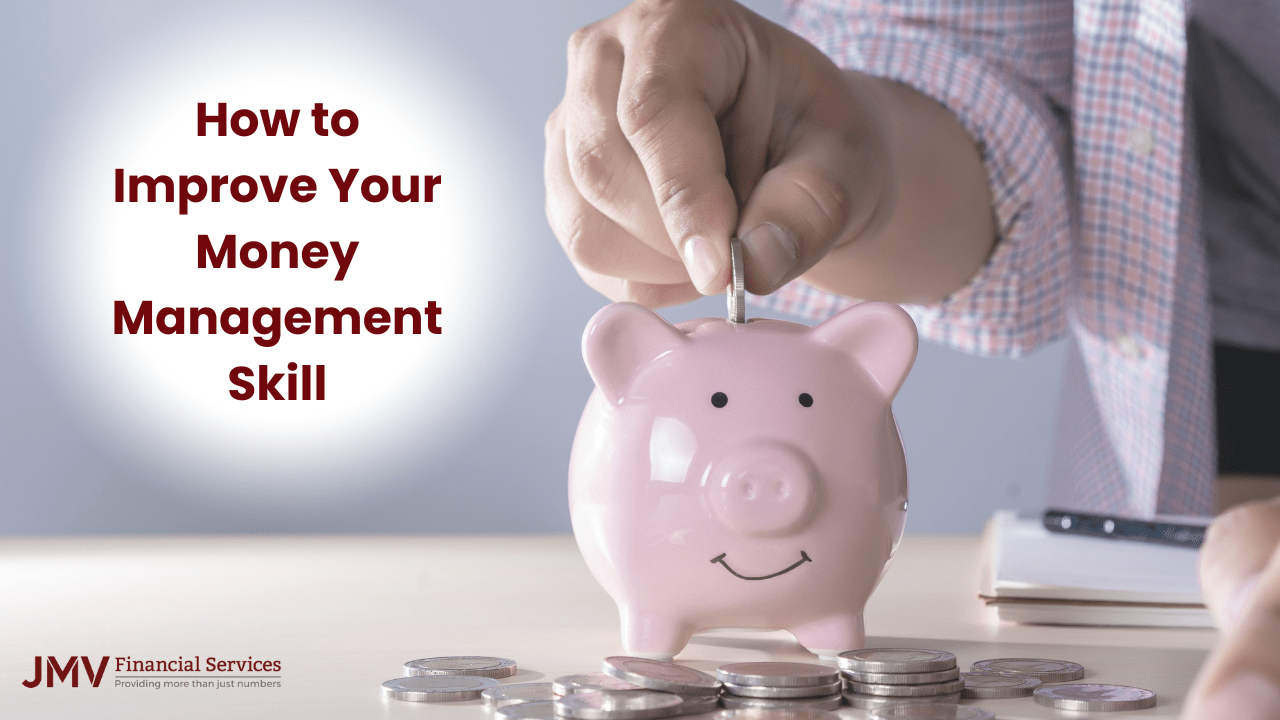
Everyone is born with different levels of money management skills. Generally speaking, you must develop a better relationship with money to manage your money better. In other words, you need to understand how you think and feel about money. Ask yourself, “What emotions arise inside of you when thinking about money?”
Consider how you think about money regarding your job, food, and entertainment. Do you like to save money from your job, or do you spend your money on lots of unnecessary food and entertainment? What thoughts and feelings are inside you when using your money in this way? Answering these questions can help you better understand your relationship with money.
Bad Money Management Skills
Would you say you have poor money management skills? If so, why do you think that’s the case?
The truth is that nobody is born with bad money management skills. The people who feel powerless about their spending habits are those who have developed a bad relationship with money throughout their lives. If you’re the type of person who lets money control you rather than the other way around, then something must have happened to ruin your relationship with money. You’ll know you’re this type of a person if you feel constant financial stress and anxiety due to your spending habits.
The Most Common Mistakes with a Person’s Money Relationship
Developing a robust money relationship requires more than budgeting your money strictly. Unfortunately, people often make the mistake of focusing on budgeting to improve their relationships with money. They figure if they can budget their money down to the last dollar, they will feel better about their spending habits and finances. But the reality is that too much restriction on spending can be difficult. Not only that, but the spending restrictions also discourage people from making more money because it keeps their finances in a bubble.
Why are some people more strict with money than others? Many factors include a person’s gender, religion, culture, parents, outside influences, and natural upbringing from childhood. If you can assess your childhood influences thoroughly, you may discover why you have the current relationship with money that you do right now. More importantly, you may discover why you have certain money habits, whether strict or not so strict.
For example, if you grew up in a household where your parents argued about money and spending every day, then you’ll probably grow up to be a person who wants to budget their money strictly. But if you’re someone who grew up with parents who were irresponsible with their money and always accumulated debt, you could become the same way in your adult years.
As you can see, the money habits we develop have a lot to do with our experiences as children. If you don’t want to argue with your spouse about money like your parents might have done, you’ll probably have the incentive to generate as many income streams as possible to avoid the same financial hardships for your family. But if you’re someone who never had to live with two parents arguing about money, you might become less responsible with your money in adulthood.
The Top 5 Steps to Improve Your Relationship with Money
Do you need to improve your relationship with money and become more responsible with your spending? Here are five steps to help you out.
1) Determine the Relationship You Currently Have with Money
Assess all the thoughts, feelings, and actions you’ve ever had regarding money. For example, have you been the type of person to overspend on their credit card or someone who saves their money in a high-yield savings account? Knowing your current relationship with money will help you figure out how to move forward in improving it.
2) Determine the Relationship You Want to Have with Money
What do you consider to be a healthy money relationship? Do you think it means making lots of money and spending lots of money with budgeting or restricting yourself? Everyone looks at money differently, so you need to know how you look at money.
3) Identify Your Bad Money Practices and Habits
Think about all the ignorant or foolish ways you may handle your finances. For instance, do you throw out your bank statements as soon as they come in the mail without even looking at them? Do you wait until the last minute to fill out your income tax forms and file them with the IRS? If so, you should take your money management practices much more seriously.
4) Identify the Money Practices and Habits You Want to Develop
Now that you know your bad money practices and habits, the next step is to identify the money practices and habits you’d like to develop. For example, do you wish you wouldn’t spend money on certain things that you do right now? Are you looking to cut back your spending without overly restricting it? Make a list of all the money practices you want to create for yourself to replace your bad money practices.
5) Create a Plan to Develop Better Money Practices
Create a plan to develop the excellent money practices and habits you listed previously. This plan should contain several smaller tasks or steps that you can easily manage and execute daily. However, the full changes to your money practices won’t happen overnight but will gradually happen as the weeks and months pass.
Conclusion
We all have to work on our relationships with money to some degree. But if you can at least understand where you’re weak with money, you can take the necessary actions to work on improving those weaker areas. Then you’ll see your relationship with money transform into something you never thought possible.

